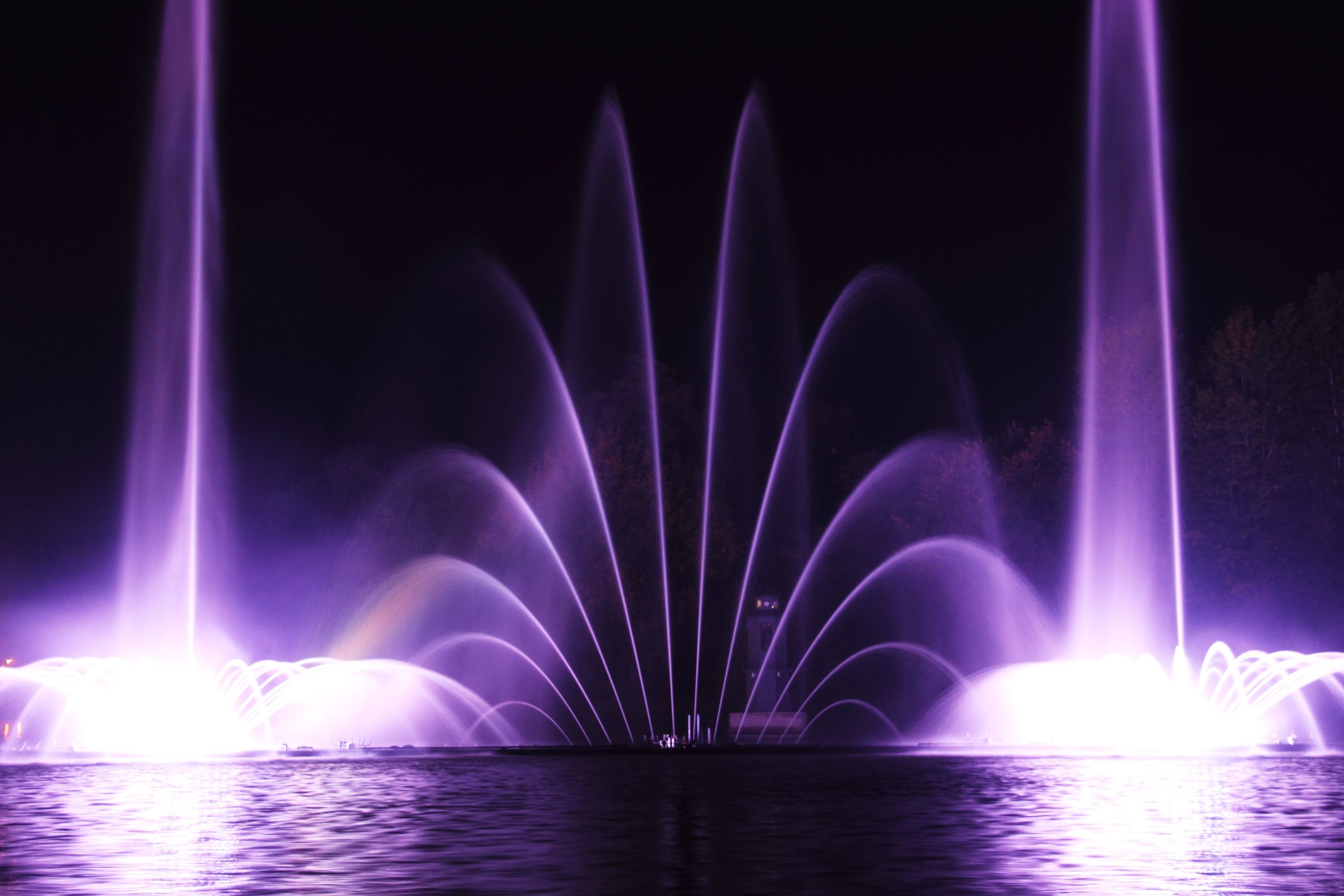“Acknowledging Your ‘Primary Relationship’”
What is a ‘primary relationship’?
Your ‘primary relationship’ is the relationship with Self. Many are unaware that this relationship exists; and some feel the ‘primary relationship’ is with God or a Higher Power. I believe the ‘primary relationship’ is the one with Self because in order for Self to enter healthily and unselfishly into any intimate partnership or union, it has to know how to relate to itself so as to know how it relates to others.
We enter into relationships expecting whatever we feel we need to be delivered by the other person. Many times we don’t even assess their potential to see if meeting our expectations is even possible! We bring a backpack of issues along on the journey, as if the relationship is a hike through rough terrain, deadly insects, unpredictable weather and with no map. However, when one establishes a healthy ‘primary relationship’, this journey becomes more enlightening and inspiring and less challenging and debilitating.
How do you fall in love with yourself?
By becoming someone with whom you can fall in love. Who is your ideal partner? Make a list of the qualities they need to have and the qualities you’d like for them to have. Now, make a list of the qualities you have. When describing your ideal partner, do you see yourself in that description? If not, it’s checks and balances time: why shall your partner be held to higher standards than yourself? Perhaps you need to acknowledge who you wish to love and who, in turn, is asking to be loved.
When we love ourselves…or better yet, fall in love with ourselves!…it shows. We value our own opinions, we respect ourselves, we support ourselves, we are kind to ourselves, we like ourselves, we trust ourselves. Within our ‘primary relationship’ we establish a standard of loving, thus all other intimate relationships are held by that standard.
The ‘primary relationship’ is never the first relationship to be established for many of us focus on relationships that involve other people. Therefore, we may endure several challenged relationships before we realize that something within us needs to change. Additionally, those who are self-aware, care about their overall well-being, or who seek to endure a personal transformation will recognize the existence and importance of the ‘primary relationship’.
Establishing your ‘primary relationship’
Through self-analysis we become acquainted with ourselves. This personal inspection of who we are requires honesty, open-mindedness, objectivity and courage. This process requires us to note all qualities – good and bad – to see who we are in totality. This summation is the true representation of the person we present to others in day-to-day life, relationships, and other social situations.
A mirror reflects the physical image of a person; self-analysis reflects the personal image of a person. Personal transformation is not saying to self, “You are wrong on all levels,” rather it simply suggests, “You are better than what you currently depict.” If we find that who we have become is not someone with whom we can love (fall in love with), then we must realize that the likelihood of who we want may not want who we are either; after all, we don’t.
Establishing a healthy ‘primary relationship’ aids in the development of all intimate relationships, not just the romantic ones. Some have friends that are not worthy; some have lovers, partners, spouses, etc. who are not worthy; and some have family members who aren’t worthy. Regardless of what category your relationship falls into, your ‘primary relationship’ can serve as the measure by which all others are held. ‘Primary relationships’ force us to have boundaries and limitations set in place for it is the mere love of self that propels us to properly self-govern.
When will I know my ‘primary relationship’ has been established?
When you can say “I love me!” When you can honestly think of Self as someone that you admire, love, respect and value, that’s when you’ve established a healthy ‘primary relationship’.
“The ability to love is not possessed by all; the ability to harbor self-love is even more rare.”
~Namaste~

